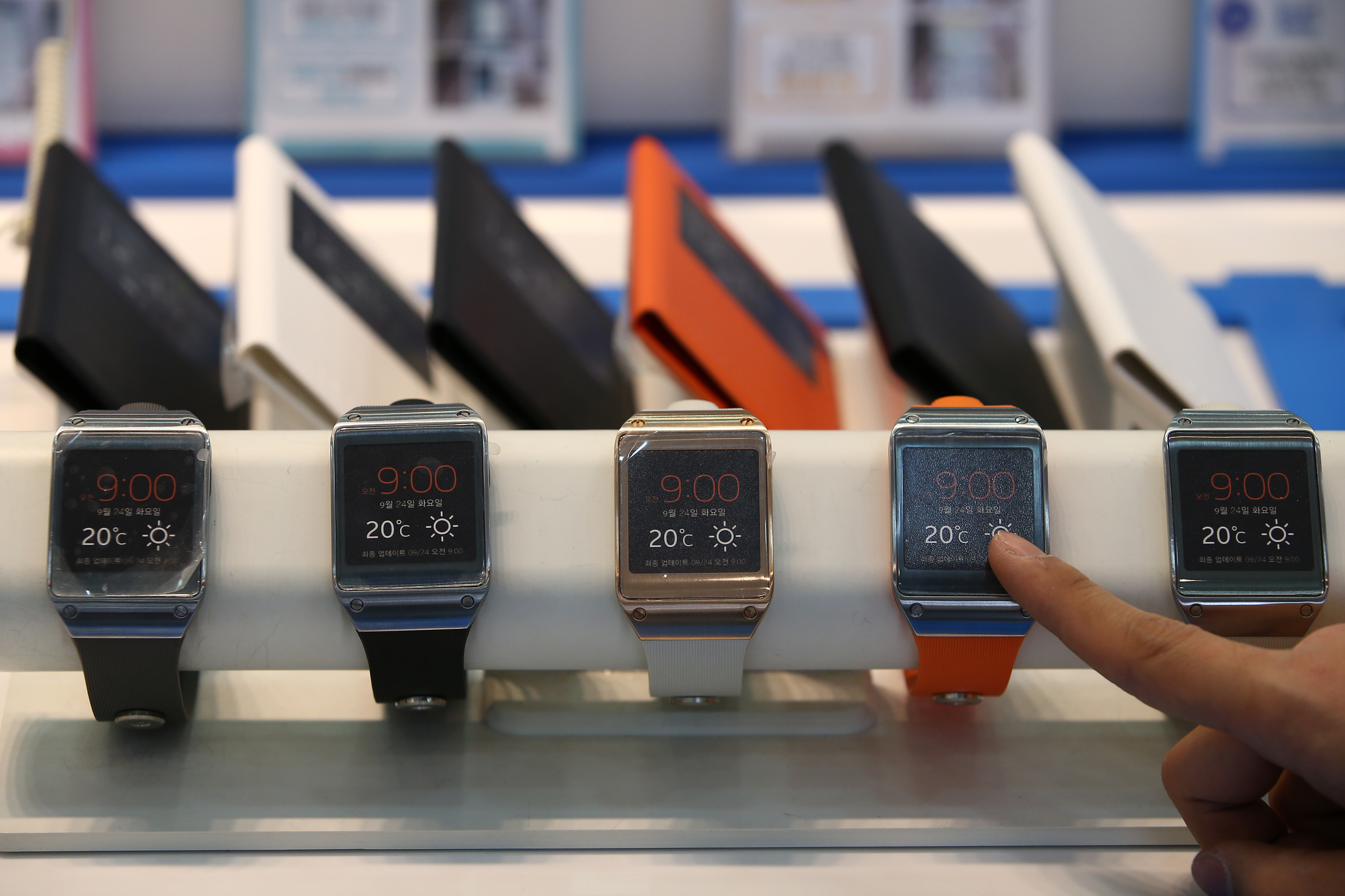Writing the other day in Quartz, an admirable sister publication of The Atlantic magazine, the experienced technology watcher Christopher Mims struck a gloomy note. Under the headline "2013 was a lost year for tech," he lamented that "all in, 2013 was an embarrassment for the entire tech industry and the engine that powers it — Silicon Valley. Innovation was replaced by financial engineering, mergers and acquisitions, and evasion of regulations. Not a single breakthrough product was unveiled."
Warming to his gloomy theme, Mims argued that: Innovations in smartphones had stalled ("2013 was the year smartphones became commodities, just like the PCs they supplanted"); "smart-watches were easily the biggest letdown of the year"; "former giants" (i.e., Microsoft, Intel and Blackberry) had continued their "inglorious decline"; "mergers and acquisitions had replaced innovation"; social media became "profitable if not compelling"; mainstream media's appetite for sensational stories made them vulnerable to "techno-hype" about stuff such as Bitcoin; and of course the NSA revelations cast a chilly spell over all things technological.
As an end-of-year retrospective piece, Mims' essay was perfectly workmanlike. After all, a glass can be half empty or half full, depending on what point of view one wishes to uphold. But it had a predictably annoying impact on people in Silicon Valley, who tend to think of Palo Alto as the centre of the known universe. One complainant was Om Malik, who is at least as experienced a tech watcher as Mims. "Dear Quartz," he wrote, "maybe it's Quartz that needs new glasses and a map. 2013 was not a lost year for tech."

















With your current subscription plan you can comment on stories. However, before writing your first comment, please create a display name in the Profile section of your subscriber account page.